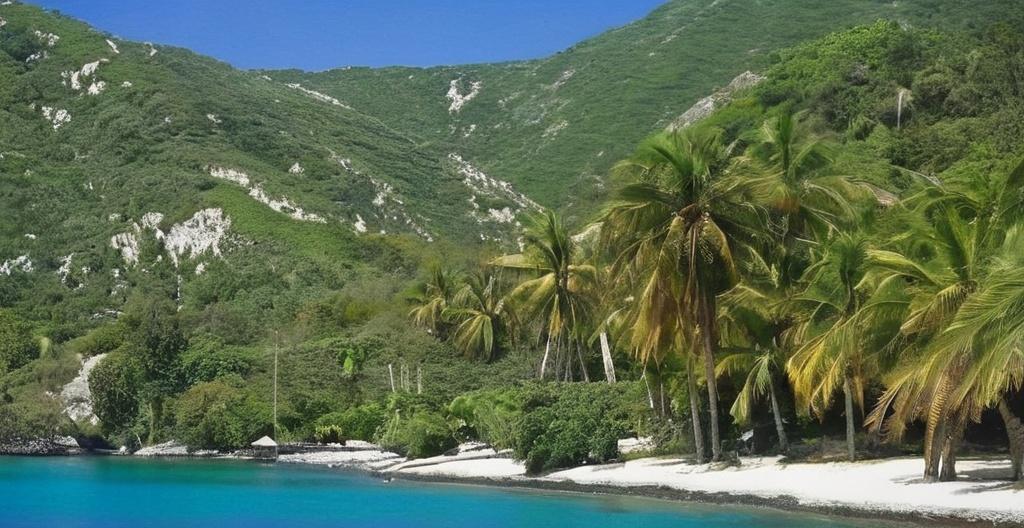Key Take Aways About Local laws and regulations
- Entry: Valid passport and possibly a visa required; 90-day tourist visa on arrival.
- Customs: Declare currency over $10,000; restrictions on firearms, narcotics, and certain foods.
- Driving: International Driving Permit needed; challenging roads; seat belts mandatory.
- Local Laws: No drug use, modest clothing advised; legal drinking age is 18.
- Photography: Permission needed for people; restrictions in some areas.
- Insurance: Strongly recommended, especially for medical evacuation.
- Safety: Varies by region; avoid isolated areas and displaying valuables.
- Health: Check vaccinations; drink bottled water; use insect repellent.
- Environment: Engage in responsible tourism and dispose of waste properly.

Travel Rules in Haiti
Visiting Haiti requires a careful understanding of local laws and regulations to ensure a smooth and lawful travel experience. While the country offers an array of cultural and natural attractions, knowing the legal landscape could save travelers from unexpected troubles.
Entry Requirements
Entering Haiti generally involves presenting a valid passport. Visitors from certain countries may also need a visa. It’s crucial to confirm these requirements prior to travel. Upon arrival, travelers receive a 90-day tourist visa. Overstaying this period could result in fines or deportation, so it’s best to keep track of your stay.
Customs Regulations
Haiti has specific rules about what you can bring into the country. Generally, personal items are fine, but you should check the restrictions on goods such as firearms, narcotics, and certain foods. Declare any currency over $10,000. Failure to do so could lead to confiscation or a penalty.
Driving in Haiti
If you plan to drive, ensure you have an International Driving Permit. Traffic laws may differ from what you’re used to, and roads can be challenging due to conditions and local driving habits. Wearing seat belts is mandatory, and it’s illegal to use a mobile phone while driving. Keep in mind that traffic police conduct random checks, so having all required documentation is essential.
Renting a Vehicle
When renting a vehicle, make sure to check insurance coverage and vehicle condition. Locals recommend renting a 4×4 due to road conditions. Fuel stations are available, but sometimes travel away from major cities means fewer options, so plan accordingly.
Local Laws and Social Conduct
Haitian law prohibits drug use and trafficking, with severe penalties for violators. Public displays of affection, although not illegal, may be frowned upon in some areas. Dress modestly, particularly when visiting religious or cultural sites. The legal drinking age in Haiti is 18. Be cautious when consuming alcohol, as open intoxication could attract negative attention.
Photography Guidelines
While photography is generally permitted, always ask for permission before taking pictures of people, especially in rural or local settings. Some areas, particularly those with a military presence, may prohibit photography altogether.
Travel Insurance
Buying travel insurance is highly advisable. Medical facilities vary greatly across the country, and serious conditions may require evacuation to another country. Ensure your insurance covers such scenarios, as costs can escalate quickly.
Interaction with Authorities
Carry identification at all times. If you’re stopped by police, stay calm and cooperate. Most interactions are routine, aimed at ensuring safety. Should any issues arise, contact your embassy for guidance.
Protecting Personal Safety
Safety varies significantly between regions. While many areas are quite safe for tourists, some parts of Haiti experience higher crime rates. It’s wise to stay informed about the areas you’re visiting, avoid isolated spots, especially after dark, and refrain from displaying valuable items like expensive jewelry or electronics.
Health Regulations
Haiti recommends certain vaccinations for travelers and these should be checked well before your trip. Tap water is not considered potable, so drinking bottled or boiled water is safest. Mosquito-borne illnesses are a concern, so packing insect repellent is wise.
Environmental Responsibility
Respecting the environment is not only courteous but necessary. Dispose of waste properly and be mindful of your impact on local ecosystems. Engage in responsible tourism practices to help preserve Haiti’s natural beauty for future visitors.
Final Thoughts
Navigating local laws and culture may seem daunting, but being prepared can enhance your Haitian adventure. Embrace the vibrant culture while respecting the legal framework, and your journey through Haiti will likely be both enriching and trouble-free. Always remember to stay informed and proactive to ensure a pleasant experience.
